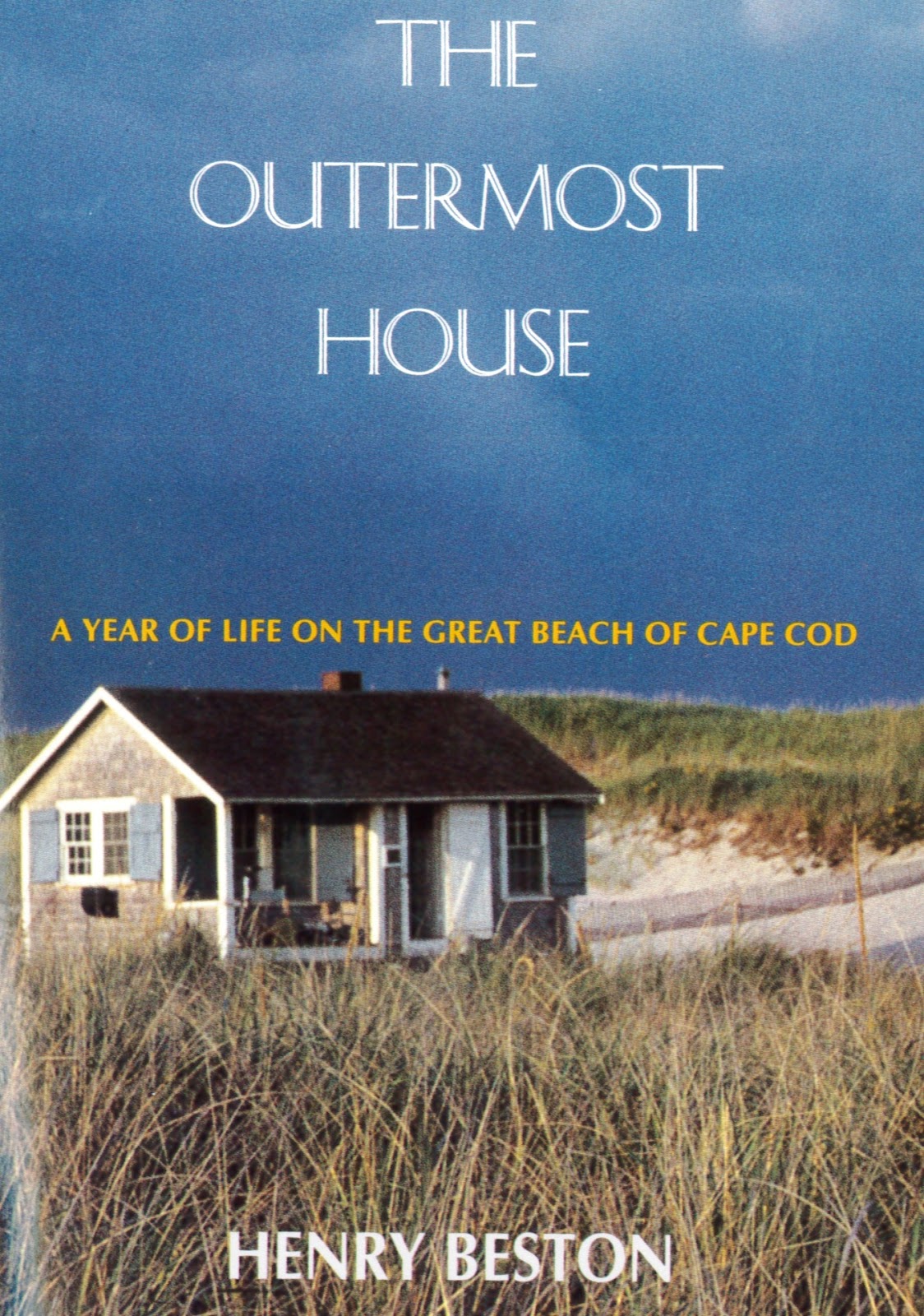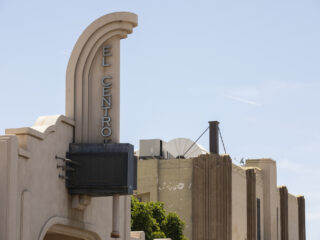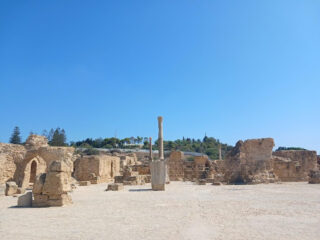 Marjory Stoneman Douglas became known during her lifetime, all one hundred eight years of it, as the Everglades’ patron saint, primarily because of her 1947 book The Everglades: River of Grass. The book, one of The Rivers of America Series, continues to be in print, selling more than 10,000 copies a year. Since this title emerged, the area has been popularly known as the “River of Grass” although many new residents do not even know where the name originated. Also, in 1947, Mrs. Douglas helped lead the campaign to have the central core of the Everglades preserved as Everglades National Park.
Marjory Stoneman Douglas became known during her lifetime, all one hundred eight years of it, as the Everglades’ patron saint, primarily because of her 1947 book The Everglades: River of Grass. The book, one of The Rivers of America Series, continues to be in print, selling more than 10,000 copies a year. Since this title emerged, the area has been popularly known as the “River of Grass” although many new residents do not even know where the name originated. Also, in 1947, Mrs. Douglas helped lead the campaign to have the central core of the Everglades preserved as Everglades National Park.
In 1969, Mrs. Douglas spearheaded The Friends of the Everglades, a conservation organization of 5,000 members, a testament to the importance of the Everglades. Membership still costs only one dollar a year. The biggest honor the physically small woman received during her lifetime was this: in December 1997, a 1.3 million-acre wilderness area in the Everglades was dedicated in her name on the Park’s fiftieth anniversary.
The Everglades in South Florida is one of the most magnificent parcels of land and water in the United States. It’s hot, humid and romantic. Thousands of species of birds, reptiles, mammals, insects, fish and flowers inhabit this semi-tropical southernmost tip of the mainland. Just a few are egrets, herons, black bears, white-tailed deer, Florida panthers, palm trees, skinks, alligators and a variety of sea turtles. Originally more than 4,000 square miles, the Everglades today has shrunk to less than half this size as a result of extensive drainage, over-construction and pollution. In late 1998, a comprehensive restoration plan began in an effort between the Army Corps of Engineers and the South Florida Water Management District. But if it wasn’t for this indefatigable woman–a writer and environmentalist–who fell in love with this “river of grass” in the early part of the century, the Everglades might not be in existence at all.
Mrs. Douglas was born in 1890 in Minnesota but was a Floridian at heart. When she was about four, her parents took her to New Orleans and on to Tampa and Havana. Her first memory of Florida was “being held up to pick an orange off of an orange tree in the gardens of the Tampa Bay Hotel…It’s there 100 years later, a college now, still complete with its turrets and towers,” she writes in her autobiography, Voice of the River. Although she lived up north for several years, after a short marriage to a man she termed “a crook,” she moved to Florida in 1915 to begin writing for her father’s Miami Herald . She never remarried and never left. She lived in the same small cottage in Coconut Grove in Miami for more than 70 years. This tiny house, with no driveway and no stove, is now being converted to a museum, following her death at 108 years-old.
Although protecting the Everglades was her main passion, Mrs. Douglas always worked for a variety of causes. She was an early suffragist and promoted civil rights. In the Miami area, she worked to improve housing and bathroom facilities for her black neighbors, and she started a Baby Milk Fund for families who couldn’t afford milk.
Besides the two aforementioned books, a few other Douglas titles include White Midnight, a novella about sunken treasures in the West Indies; The Joys of Bird Watching in Florida; Florida, The Long Frontier— about Florida, the Civil War and the native Indians; and a collection of short stories, Nine Florida Stories by Marjory Stoneman Douglas. The latter take place in the first part of the century in Miami, the Everglades and the Keys, and often center around the theme of protecting the ecosystem and its animal and bird life. Aside from the land itself, Mrs. Douglas was especially drawn to the endangered Florida panther and to ibises. She wrote about the latter in Plumes, a short story about early hunters who threatened this species because of the demand for feathers from the millinery trade.
Marjory Stoneman Douglas died in 1998, but you can visit the Everglades or you can soon visit her home or an adjacent Mediterranean-style house which will house an environmental education and research center. You can find several of her books in all South Florida bookstores (and in many nation-wide).
Marjory Stoneman Douglas was not only one of the best writers of the century, but she was one of the most passionate. One of my heroines, Mrs. Douglas will live on, not only through her books, but through the fruits of her passion. She was proof that one voice can make a difference.









